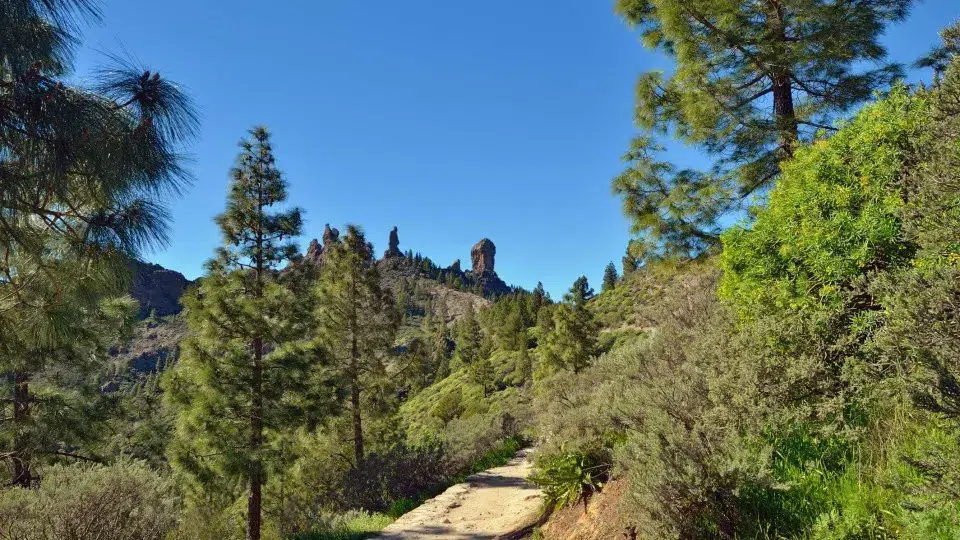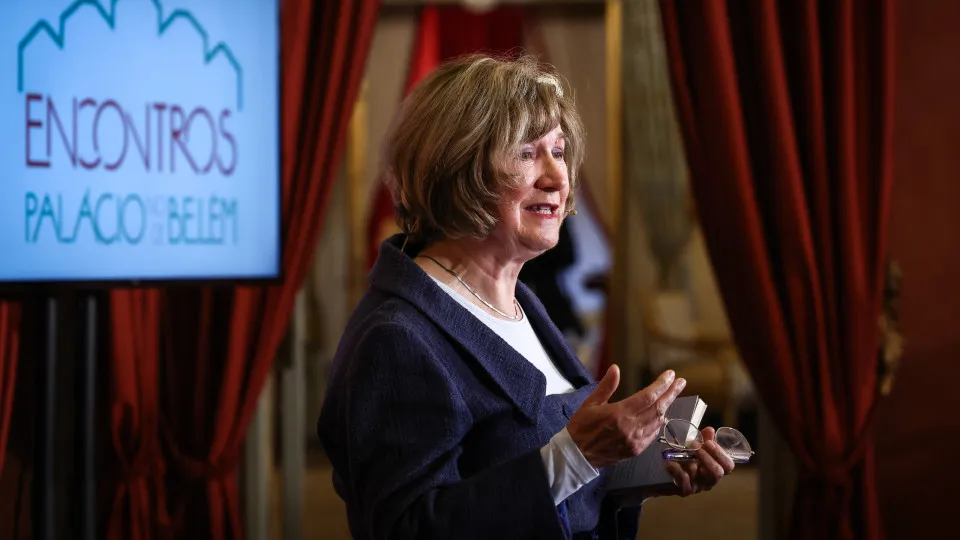
Protests are set to take place on Saturday in Águeda and Aveiro (district of Aveiro), Arganil, Coimbra, Lousã, and Oliveira do Hospital (Coimbra), São Pedro do Sul (Viseu), Sertã and Proença-a-Nova (Castelo Branco), Pedrógão Grande and Leiria (Leiria), Braga, Lisbon, Porto, and Odemira (Beja).
In a statement sent to the Lusa news agency, the organization emphasized that various locations “unite to protest against the repeated negligence of public authorities concerning forest management and wildfires, which has long since ceased to be mere incompetence and has become a repeated practice of allowing the country’s destruction and desertification, starting in rural areas.”
“This year more than 3% of the national territory has burned. Less than a decade ago, in 2017, 5% of the territory was affected by fires, and in the last 35 years, half of the country has burned, with several areas burning two or three times in that period.”
The Emergency Forest Network/Future Forest group believes that fewer fires are possible, but to achieve this, less heat is essential, and it is urgent to change the organization and composition of landscapes and forests.
“The protest focuses on reducing eucalyptus prevalence in the country, which, with close to one million hectares, is overrun by a pyrophyte and invasive species expanding with each fire, on decarbonization, which is the only way to halt the steep rise in temperatures exacerbating fires and heatwaves, and on democratization, an essential factor in the solutions we need, rejecting the industrial and (under)development options imposed on the country and rural areas.”
For Margarida Marques, a spokesperson for the movement from Arganil (district of Coimbra), where Portugal’s largest fire started, the protest “brings the unavoidable reality of our times: transforming the landscape, planning the reoccupation of abandoned territories, and halting the temperature increase.”
The year 2025 ranks as the third worst in terms of burnt area until August 31, according to the Integrated Rural Fire Management System (SGIFR), which also reports that 17% of major fires began at night.
A preliminary analysis of the 2025 fires, covering the period from January 1 to August 31, accessed by the Lusa agency, notes that 7,046 fires broke out, consuming 254,000 hectares of land.
The “Emergency Forest Network/Future Forest” was established in 2022 following an initiative highlighting the wildfire issue through a climate justice caravan that traveled approximately 400 kilometers, from Figueira da Foz to Lisbon, passing through the most affected areas by forest fires.




